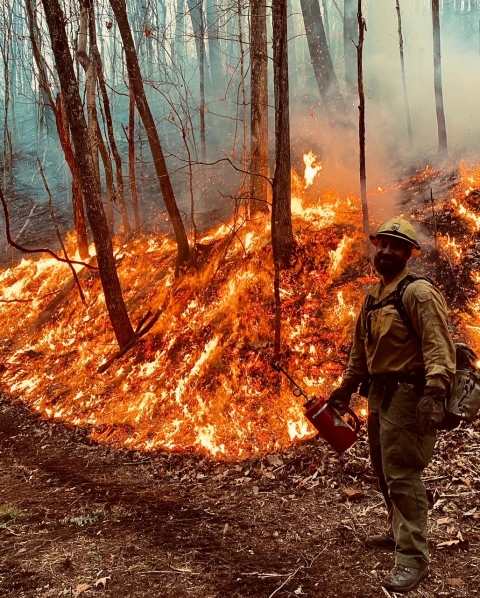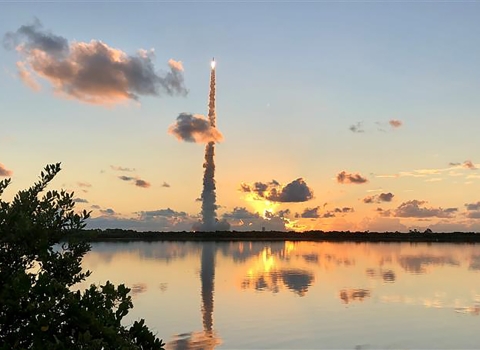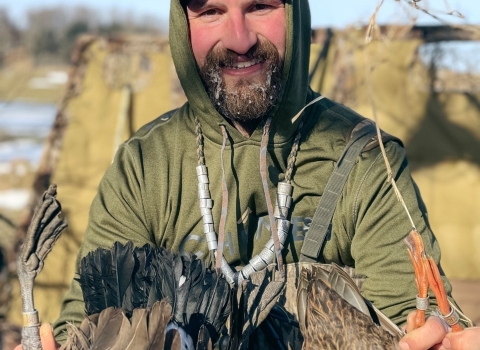The U.S. Fish and Wildlife Service (Service) continues to demonstrate its commitment to diversity and excellence with the recruitment of 26 next-generation wildland fire leaders into the Wildland Fire Apprentice Program. This move not only bolstered operational capabilities but also ensured a more representative workforce, with increasing female representation and minority representation of new firefighters into the program.
The apprentice program stands as a beacon of opportunity and empowerment, emphasizing operational skills and leadership development in the challenging wildland fire environment. These diverse recruits will shape the future of wildland firefighting, helping to reduce wildfires on refuges and in communities while enhancing habitat resiliency through the application of good fire.
Central to the success of this program is its comprehensive structure structure
Something temporarily or permanently constructed, built, or placed; and constructed of natural or manufactured parts including, but not limited to, a building, shed, cabin, porch, bridge, walkway, stair steps, sign, landing, platform, dock, rack, fence, telecommunication device, antennae, fish cleaning table, satellite dish/mount, or well head.
Learn more about structure . The program offers a formal apprenticeship pathway for aspiring wildland fire professionals that includes 3,000 hours of on-the-job training and additional education opportunities. These encompass essential areas such as operational skills, fuels management, prescribed fire techniques, career building, and leadership development.
As the program enters its second year, the Service proudly reports a cohort of more than 50 apprentices at various stages of progression, highlighting the program's popularity and efficacy in grooming the next generation of fire management leaders.
The diversity milestones achieved through the program underscores the Service commitment to fostering gender diversity and inclusivity within its ranks, says program manager Mike Ellsworth.
“It is a great starting point, and it speaks volumes about our dedication to creating an environment for entry-level fighters where everyone, regardless of gender or race, has equal opportunities to excel and contribute," says Ellsworth.
In an era marked by increasing wildfire challenges and the need for sustainable fire management practices, initiatives like the Wildland Fire Apprentice Program are indispensable. By investing in diverse talent and providing robust training pathways, the Service not only strengthens its firefighting capabilities while it sets a standard for inclusivity and excellence in conservation leadership.







